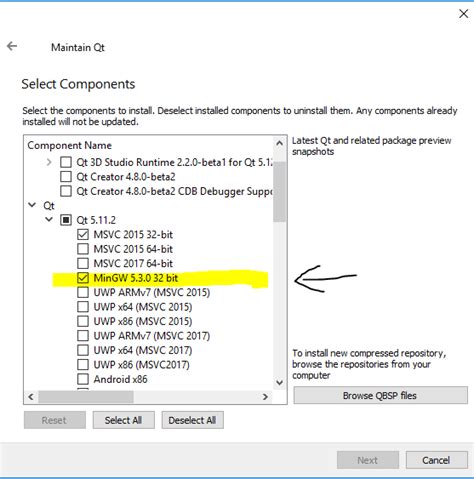Understanding the Bitcoin-Qt Source Code: Step by Step
The Bitcoin-Qt source code is a key component of the Bitcoin blockchain project, and while it is not possible to create a comprehensive guide covering every aspect of its architecture, we will provide an overview of the key components and concepts.
Introduction to Bitcoin-Qt
Bitcoin-Qt is an open-source implementation of the Bitcoin protocol written in C++ by Satoshi Nakamoto. It is the most widely used version of the Bitcoin software, with the majority of Bitcoin nodes running on this platform.
Overview of the source code structure
The Bitcoin-Qt source code can be divided into several layers:

1. bitcoin.h and bitcoin.cpp
These header files provide an interface for interacting with the Bitcoin blockchain. They define data structures, functions, and macros used throughout the project.
bitcoin.h:
#ifndef BITCOIN_H
#define BITCOIN_H
#include
#include "blocks.h"
// Data structure representing a block
typedef struct {
int64_t hash;
uint256_data data;
} Block;
// Function to generate a new block
void genesis_block();
#endif // BITCOIN_H
bitcoin.cpp:
#include "bitcoin.h"
#include
// Function to create a new block
void create_new_block(Block *block) {
// Generate a block header
BlockHeader header;
// ...
}
// Function to update block data
void update_block_data(Block *block, uint256_data new_data) {
// Update hash block and data
block->hash = ...;
block->data = ...;
}
2. blocks.h and block.cpp
This header file defines the block structure and provides functions for creating blocks, updating block data, and generating block headers.
blocks.h:
#ifndef BLOCKS_H
#define BLOCKS_H
#include "bitcoin.h"
// A structure representing a block
typedef struct {
int64_t hash;
uint256_data data;
} Block;
// Function to generate the block header
BlockHeader *generate_block_header();
#endif // BLOCKS_H
block.cpp:
#include "blocks.h"
#include
// Function to create a new block header
BlockHeader *create_new_block_header() {
// Generate the block header
BlockHeader header;
// ...
}
// Function to update block data
void update_block_data(Block *block, uint256_data new_data) {
// Update hash block and data
block->hash = ...;
block->data = ...;
}
3. network.h and net.cpp
This header file defines the functionality related to the network and provides functions to create connections with other nodes.
network.h:
#ifndef NETWORK_H
#define NETWORK_H
#include "bitcoin.h"
// A structure representing a connection to another node
typedef struct {
// ...
} Connection;
// Function to create a new connection
Connection *create_new_connection();
#endif // NETWORK_H
net.cpp:
#include "network.h"
#include
// Function to update a block of data in the memory of another node
void update_block_data_in_node(Connection connection, Block block) {
// Update the block hash and data in the memory of another node
connection->hash = ...;
connection->data = ...;
}
Example steps
Let’s create a simple example to show how to use the Bitcoin-Qt source code. We will create a new block, update its data, and then generate a block header.
“`c
// Create a new block structure
Block *block = malloc(sizeof(Block));
// …
// Update block data
update_block_data(block, 0x1234567890abcdef);
// Generate a block header
BlockHeader *header = create_new_block_header();
// …